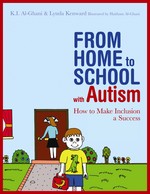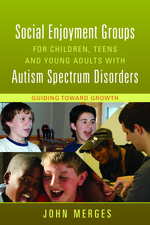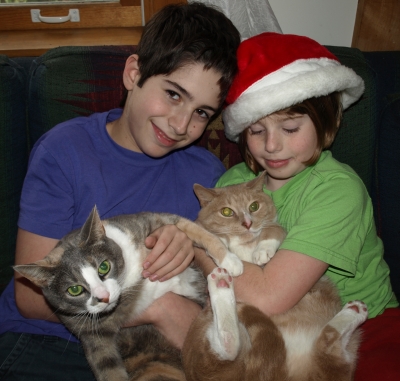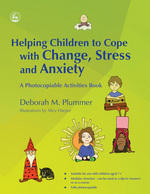How to Make School Inclusion a Success for Children with Autism – An Interview with Kay Al-Ghani and Lynda Kenward
“Children with ASD are not good at generalising. They cannot transfer knowledge from one situation to another. Something as simple as having a different symbol to show ‘choosing’ for example, may result in the child being unable to understand what is expected. Not all schools have access to symbol writing programmes or they may be different from those used by early years practitioners. Parents usually have no access at all and are not even aware of the visual symbols they could be using to aid their child’s understanding at home…The aim of the book is to promote and foster collaboration between the home and the school. This will result in improved generalisation of skills and opportunities to exchange ideas and to decide what methodology works best for the child.”







